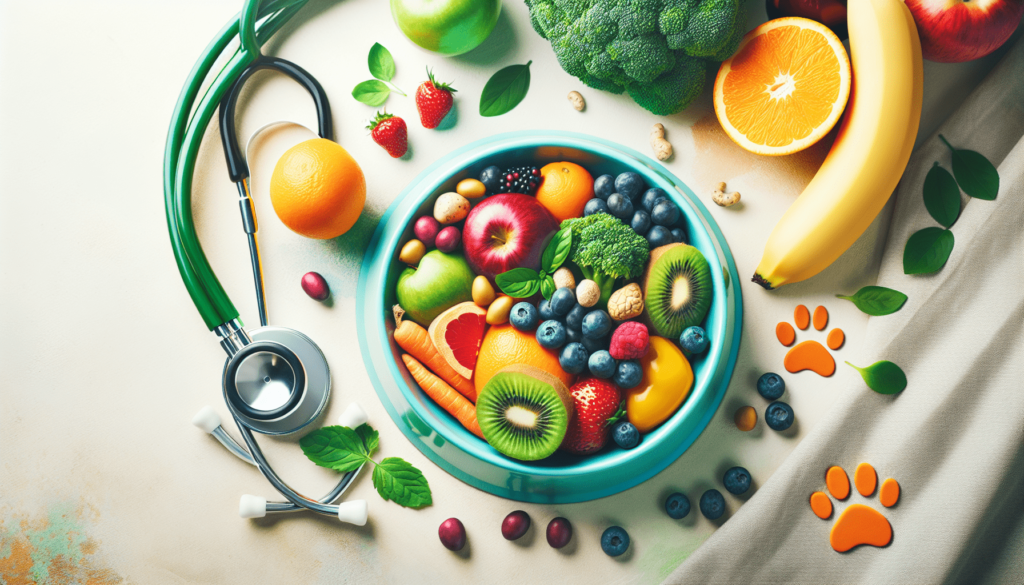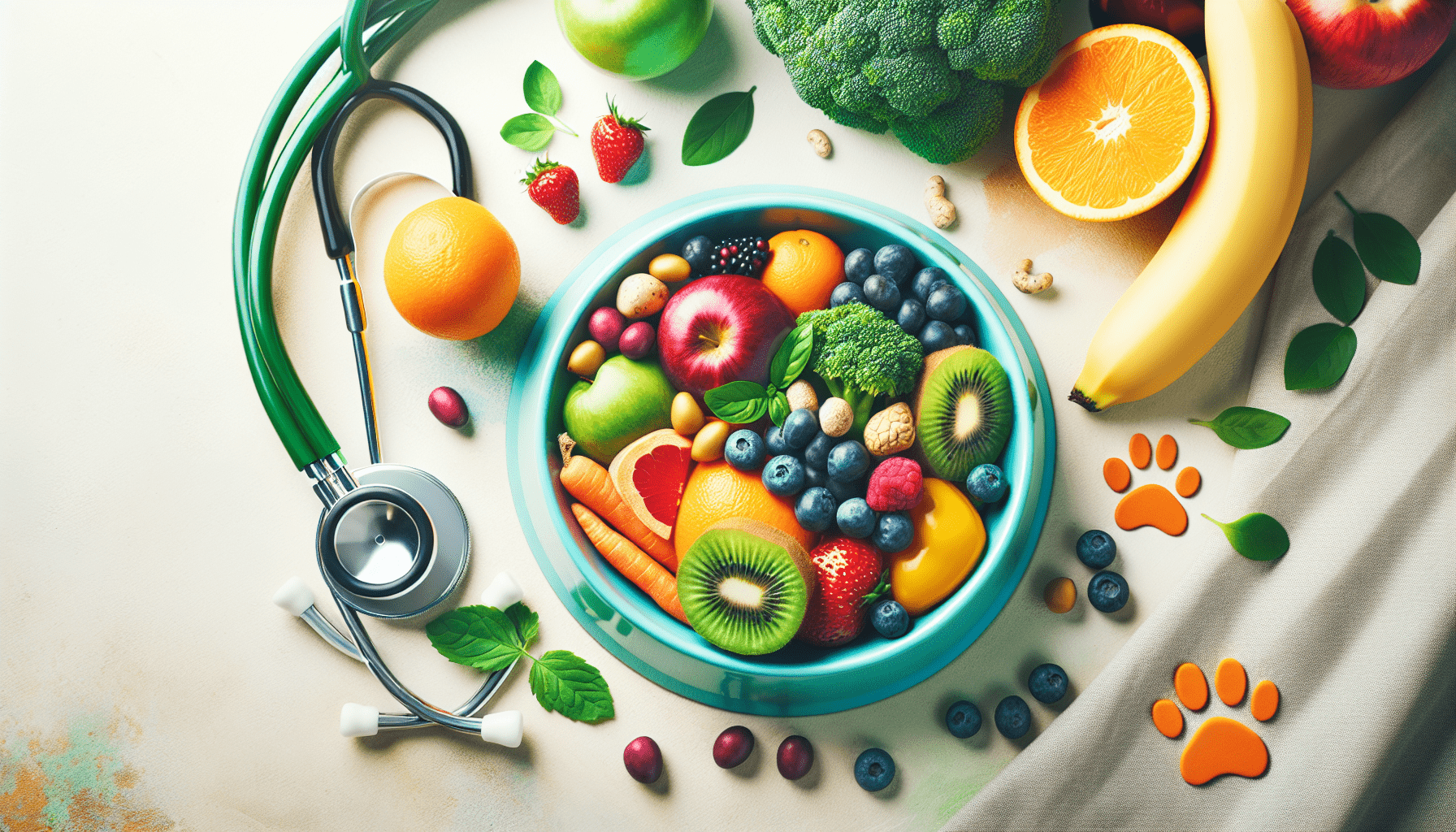Welcome to the fascinating world of vegan diets for pets! More and more pet owners are choosing to feed their furry friends plant-based diets, reflecting their own ethical and environmental beliefs. While once considered unconventional, vegan pet food options are now widely available and have been developed by pet nutrition experts to ensure all the necessary nutrients for your beloved companion. In this article, we will explore the rise of vegan diets for pets, the benefits, potential challenges, and important factors to consider when making the switch for your pet’s health and well-being.
The Rise Of Vegan Diets For Pets
Have you ever considered putting your furry friend on a vegan diet? Many pet owners are opting for plant-based diets for their pets, and the trend seems to be on the rise. But is this a healthy choice for your animal companion? Let’s explore the rise of vegan diets for pets and what you need to know before making the switch.

The Basics of Vegan Diets for Pets
So, what exactly does it mean to put your pet on a vegan diet? A vegan diet for pets eliminates all animal products, including meat, dairy, and eggs, and focuses on plant-based ingredients such as fruits, vegetables, grains, and legumes. This diet is believed to be more environmentally friendly and ethical, as it does not contribute to the harming of animals for food.
The Benefits of Vegan Diets for Pets
While the debate continues on whether vegan diets are suitable for pets, some pet owners have reported positive benefits from switching their animals to plant-based diets. These benefits include improved digestion, more energy, shinier coats, and overall better health. Additionally, vegan diets for pets can be beneficial for animals with certain food allergies or sensitivities to animal proteins.
Meeting Nutritional Needs on a Vegan Diet
One of the biggest concerns when it comes to vegan diets for pets is whether they can meet all of their nutritional needs. Dogs, for example, are omnivores and can thrive on a plant-based diet with the right balance of nutrients. Cats, on the other hand, are obligate carnivores and require essential nutrients found in animal proteins, such as taurine, arachidonic acid, and vitamin B12.
| Essential Nutrient | Sources |
|---|---|
| Taurine | Algae, nutritional yeast, supplements |
| Arachidonic Acid | Algae, supplements |
| Vitamin B12 | Supplements, fortified foods |
It is essential to consult with a veterinarian or a pet nutritionist before switching your pet to a vegan diet to ensure they are getting all the necessary nutrients to thrive.
Transitioning Your Pet to a Vegan Diet
If you decide to transition your pet to a vegan diet, it is essential to do it gradually to prevent digestive upset or nutrient deficiencies. Start by mixing small amounts of vegan food with their regular diet and gradually increase the proportion of vegan food over a few weeks. Monitor your pet’s weight, energy levels, and overall health during the transition period and make adjustments as needed.

Vegan Pet Food Options
Fortunately, there are now more vegan pet food options available on the market than ever before. Many pet food companies offer plant-based formulas that are specifically designed to meet all of your pet’s nutritional needs. These formulas are often fortified with essential nutrients such as taurine, arachidonic acid, and vitamin B12 to ensure your pet is getting everything they need to thrive on a vegan diet.
Risks of Vegan Diets for Pets
While there are potential benefits to putting your pet on a vegan diet, there are also risks to consider. Pets may be at risk of certain nutrient deficiencies, such as protein, vitamin D, and certain amino acids, if their diet is not properly balanced. Additionally, some animals may have difficulty digesting certain plant-based ingredients or may have allergies to common vegan proteins, such as soy or gluten.
Monitoring Your Pet’s Health on a Vegan Diet
It is crucial to monitor your pet’s health closely when transitioning them to a vegan diet. Regular check-ups with your veterinarian are essential to ensure your pet is getting all the necessary nutrients and is maintaining a healthy weight. Signs of nutrient deficiencies, such as lethargy, dull coat, and digestive issues, should be addressed promptly to prevent any long-term health problems.
The Importance of Balanced Nutrition
Whether your pet is on a vegan diet or a traditional meat-based diet, the key to their health and well-being is balanced nutrition. This means providing your pet with a diet that is rich in essential nutrients, such as protein, vitamins, minerals, and antioxidants, to support their overall health. If you have any concerns about your pet’s diet, it is always best to consult with a professional to ensure they are getting everything they need to thrive.
Conclusion
In conclusion, the rise of vegan diets for pets is a growing trend among pet owners looking to provide their animals with a more ethical and environmentally friendly diet. While there are potential benefits to putting your pet on a vegan diet, such as improved digestion and overall health, there are also risks to consider, such as nutrient deficiencies and digestive issues. Before making the switch to a vegan diet, it is essential to consult with a veterinarian or a pet nutritionist to ensure your pet is getting all the necessary nutrients to thrive. By carefully monitoring your pet’s health and providing them with a balanced diet, you can help your furry friend live a long and healthy life on a vegan diet.

